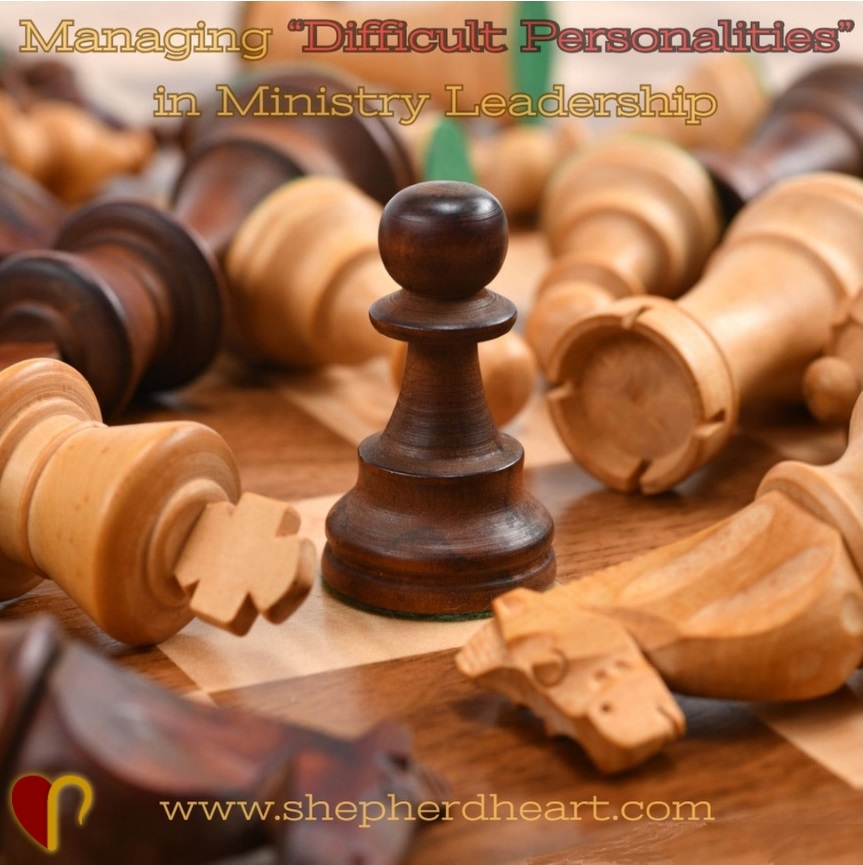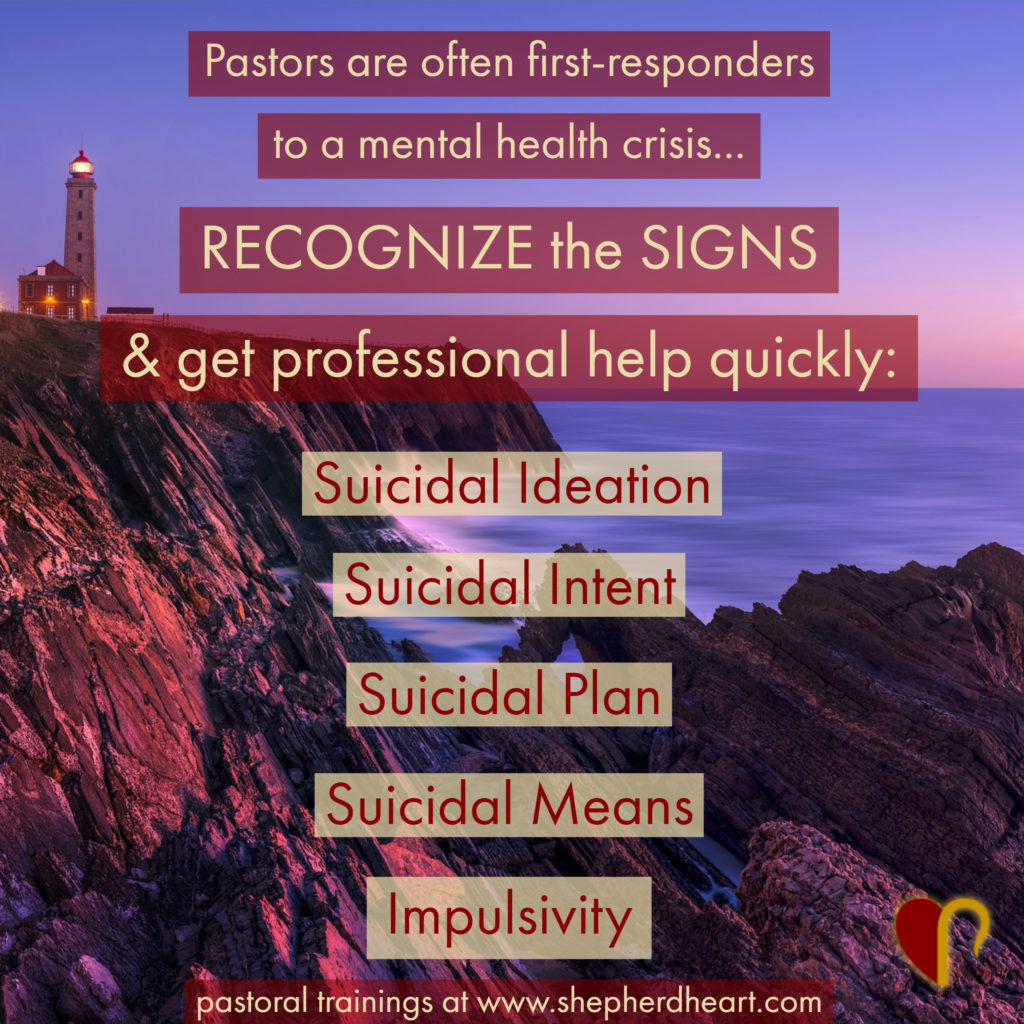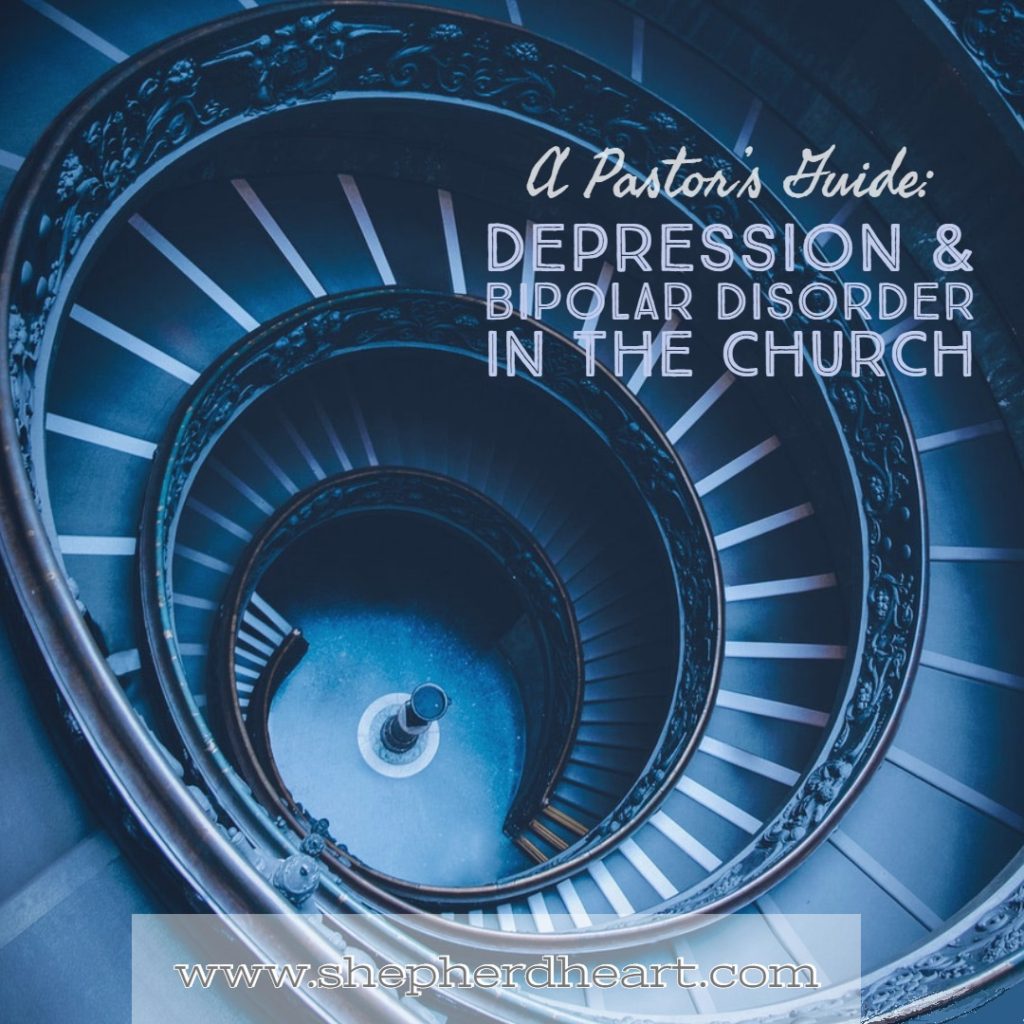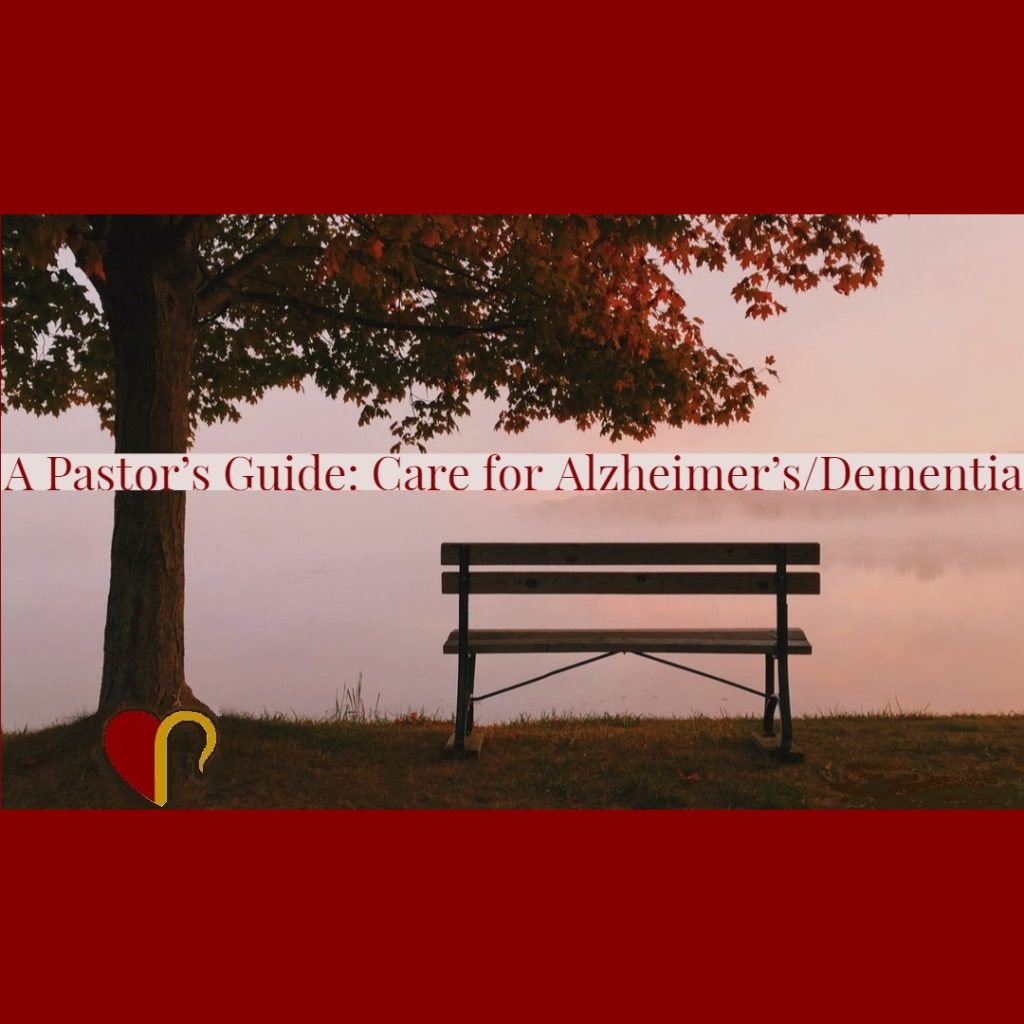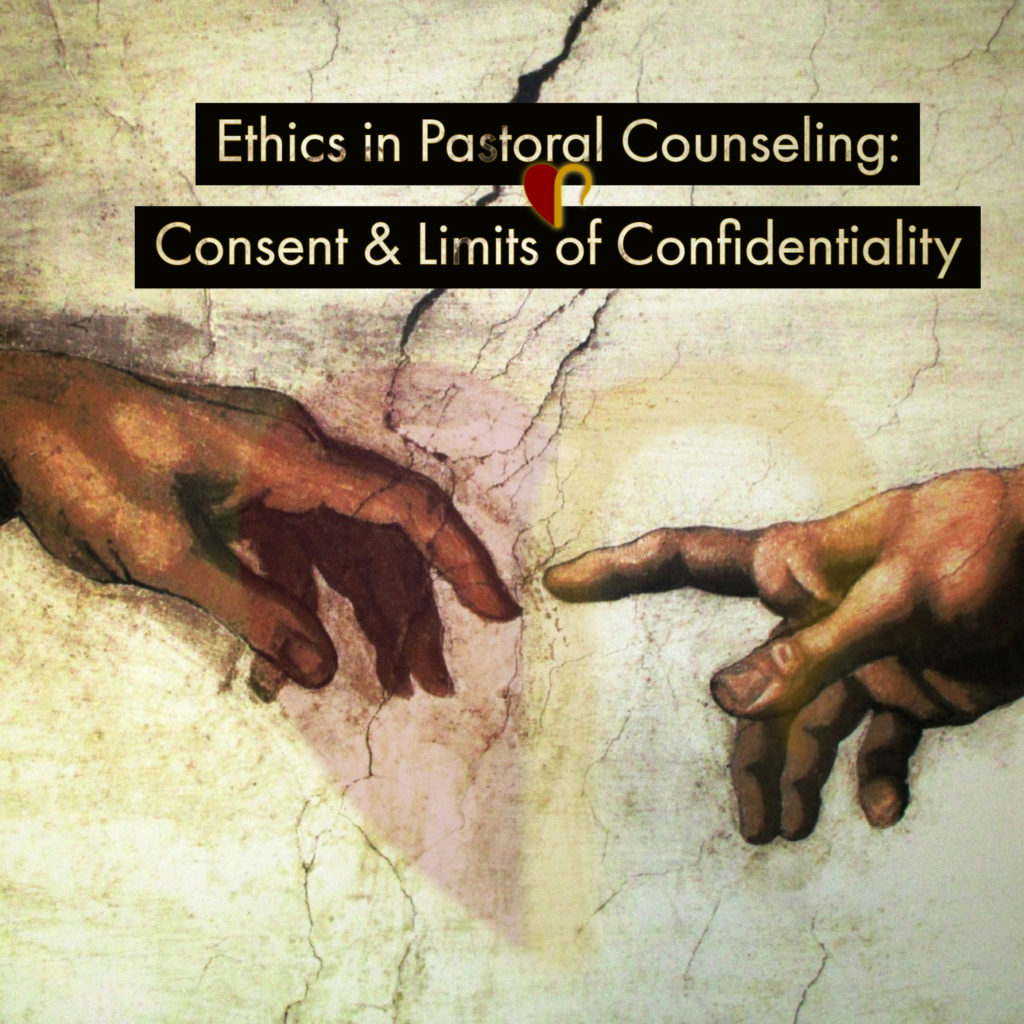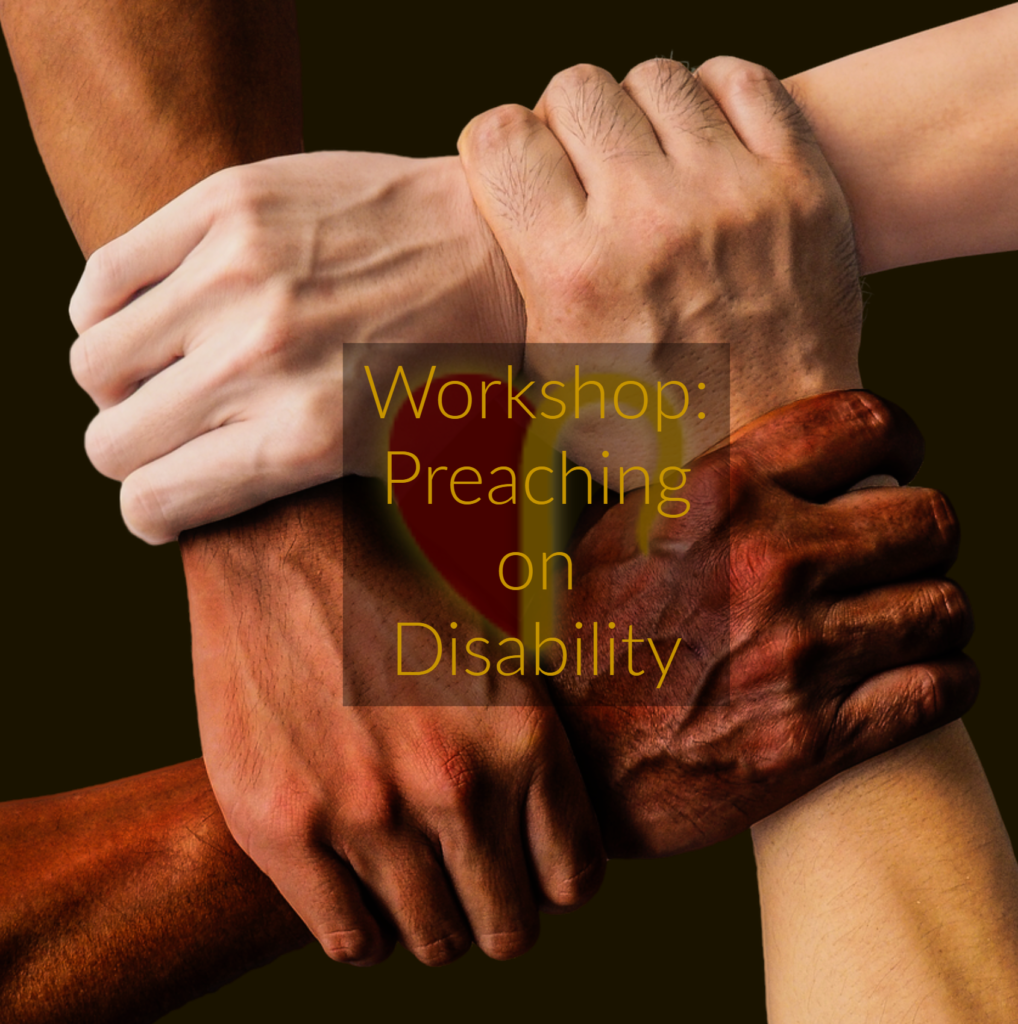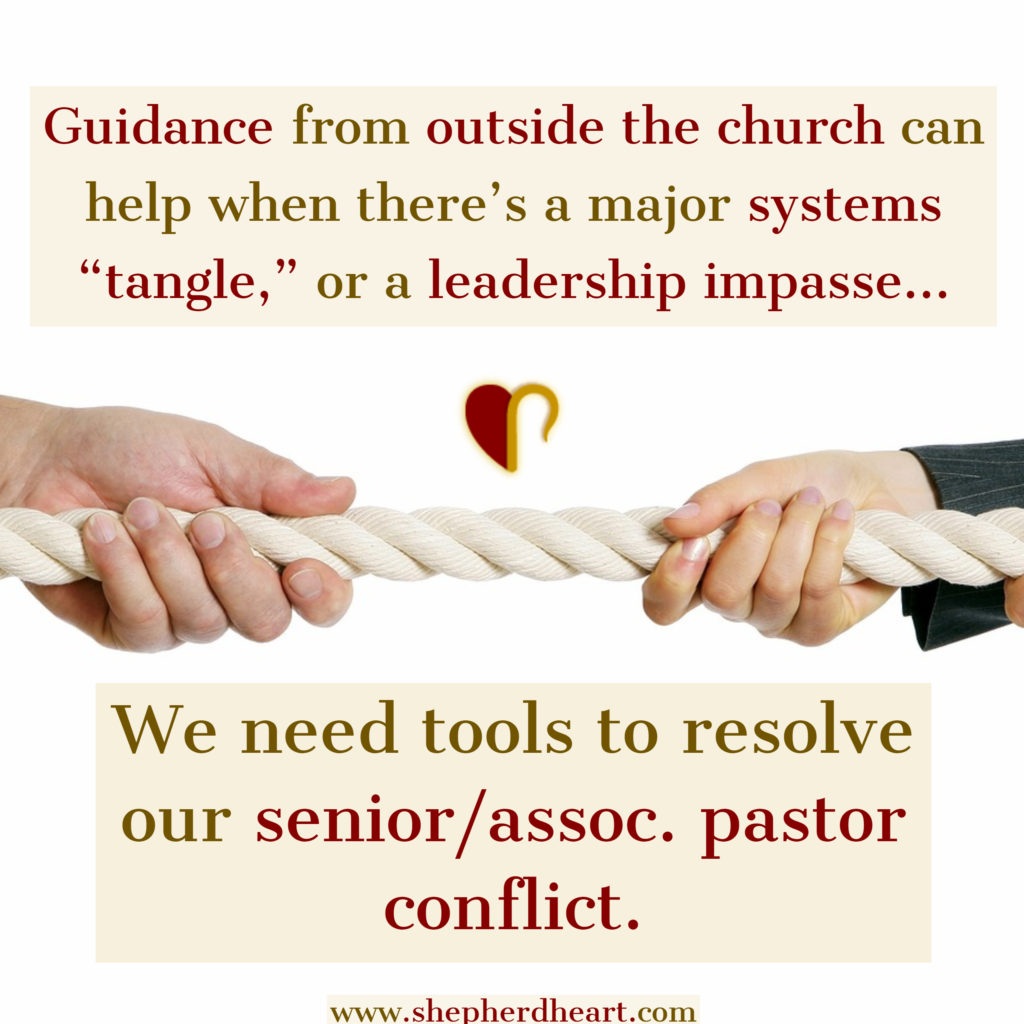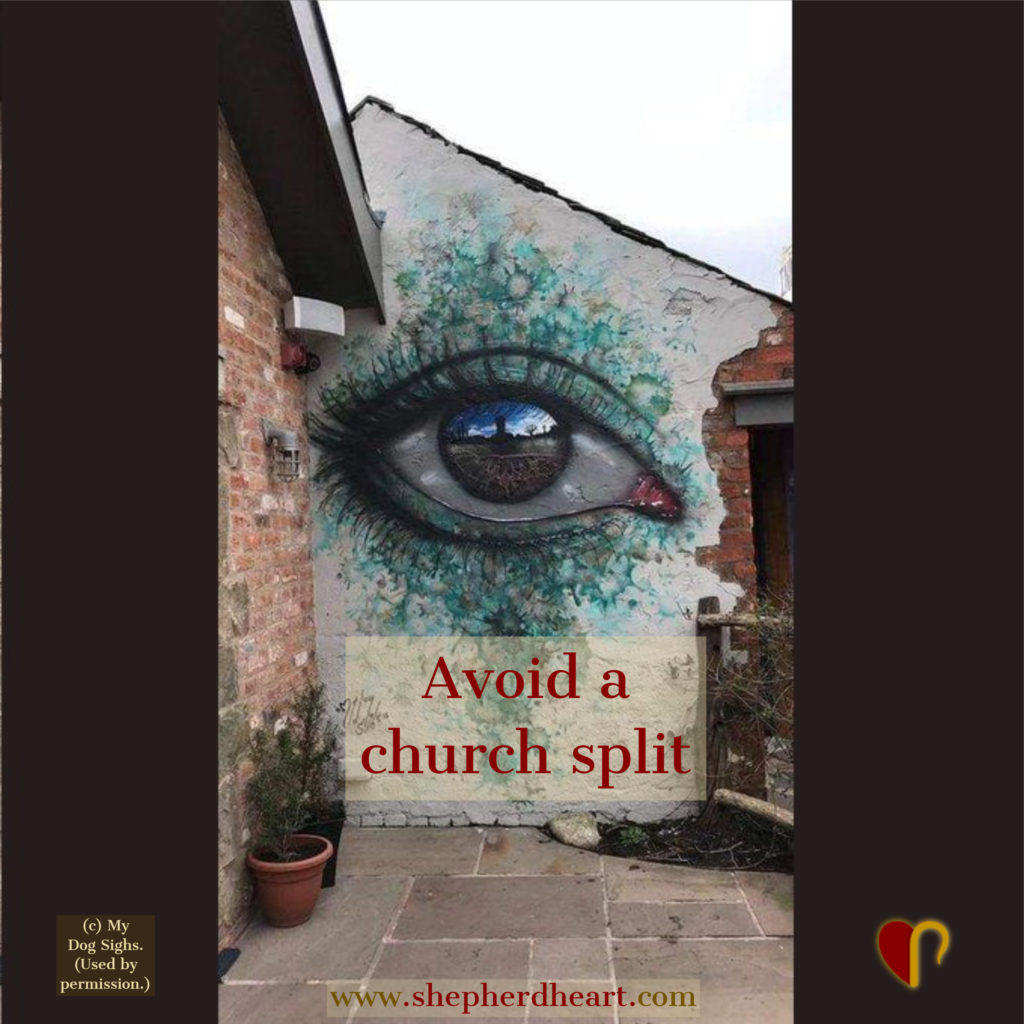
Steven is the Director of Communications and Development for the National Council of Churches. He has spent a few years living in towns full of smart people and learning from them.
By Rev. Steven Martin
Oak Ridge was, to say the least, a strange place to practice Christian ethics. In this World War II-era Manhattan Project town, we go to church and hear about Jesus on Sunday and then go to work in a thermonuclear weapons plant on Monday. It’s my home town, where I served for seven years in pastoral ministry– in a church full of nuclear scientists, physicists, and managers.
Nearly all of those among whom I ministered have become comfortable living within a certain narrative– one that allows them to strike a bargain within the vast gray areas of life. Personally, I never bought it. I could not wrap my head around the idea that nuclear weapons made the world safer, and that the power to destroy all of life many times over should reside in the hands of one person (the President). As one cannot “serve God and mammon,” it would seem that one cannot follow the Great Commandment to love God and neighbor while working in the nuclear weapons industry.
And yet, life is more complicated than such dichotomies. “Bob,” who attended a weekly Bible study with me and joined me in reading Bonhoeffer’s Life Together, waxed nostalgic about his days working on above-ground nuclear tests, even tests in space. “It was fun science!” he would exclaim as he described a test in space that knocked out Soviet satellites, two weeks before Castro allowed missiles to be placed in Cuba.
At a party in my home, a friend described how thermonuclear weapons are designed to implode a city, turning it into a layer of green glass. At church one day, another friend grinned as he bragged about how developments in 3-D printing were providing a bigger bang for the buck, so to speak. And another – a Criticality Safety Engineer and devout Lutheran – worked in the weapons plant to ensure that materials were treated properly and nuclear accidents did not take place. For her, this was a way to live out her Christian commitment.
Everyone believed they were doing the right thing. But I have never met anyone who saw themselves as persons who were participating in evil. No one.
If we, as clergy, are to resist evil as part of our calling, then we have to deal with the narratives we live under. Narratives are grand organizing stories that help make sense of the chaos of events in our lives. They are what organize our tribes, political parties, and religious faiths. It’s not that different narratives can’t coexist; it’s that for a multitude of reasons, we tend to choose one narrative over another. A pastor must help guide people to a better narrative.
Business thinker William Bridges pointed out that leaders often seek change, but what they really need to pay attention to is, not so much the change they wish to arrive at, but the transition that’s taking place. There is a difference: A transition involves a movement from one place to another with treacherous areas along the way.
Think of it as one would the Exodus story: the Israelites begin in slavery, certainly an untenable situation. Leaving slavery behind launches one into the wilderness (Bridges’ “Neutral Zone,”) where uncertainty reigns and even survival is questionable. In the wilderness, it’s to be expected when people yearn for the certainties that came with their former lives even when they were harsh. After all, the fear of death and failure are palpable when wandering in the desert.
In some ways, arriving in the Promised Land (Bridges’ “New Beginning”) means coming to the place where the transition is successfully managed. We know from Scripture and life that it always begins all over again. New circumstances will always require new transitions.
What would pastoral leadership look like in a city where the primary narrative of security through the stockpiling of nuclear weapons overshadows the gospel of peace in Jesus? For any safety we seek outside of God is ultimately idolatry. For Moses, and Jesus too, time in the desert was essential to what followed. I wonder if we are brave enough, or faithful enough, to venture into the desert these days.

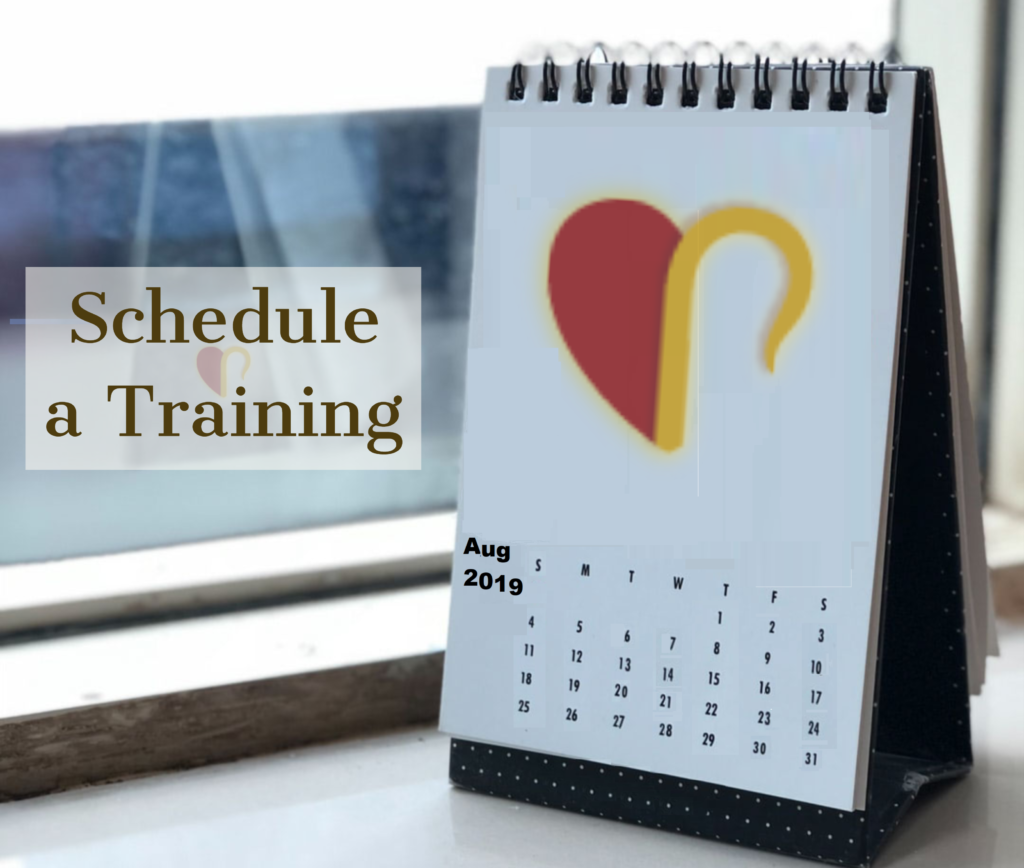
Schedule a training for your ministry team or leadership team.

